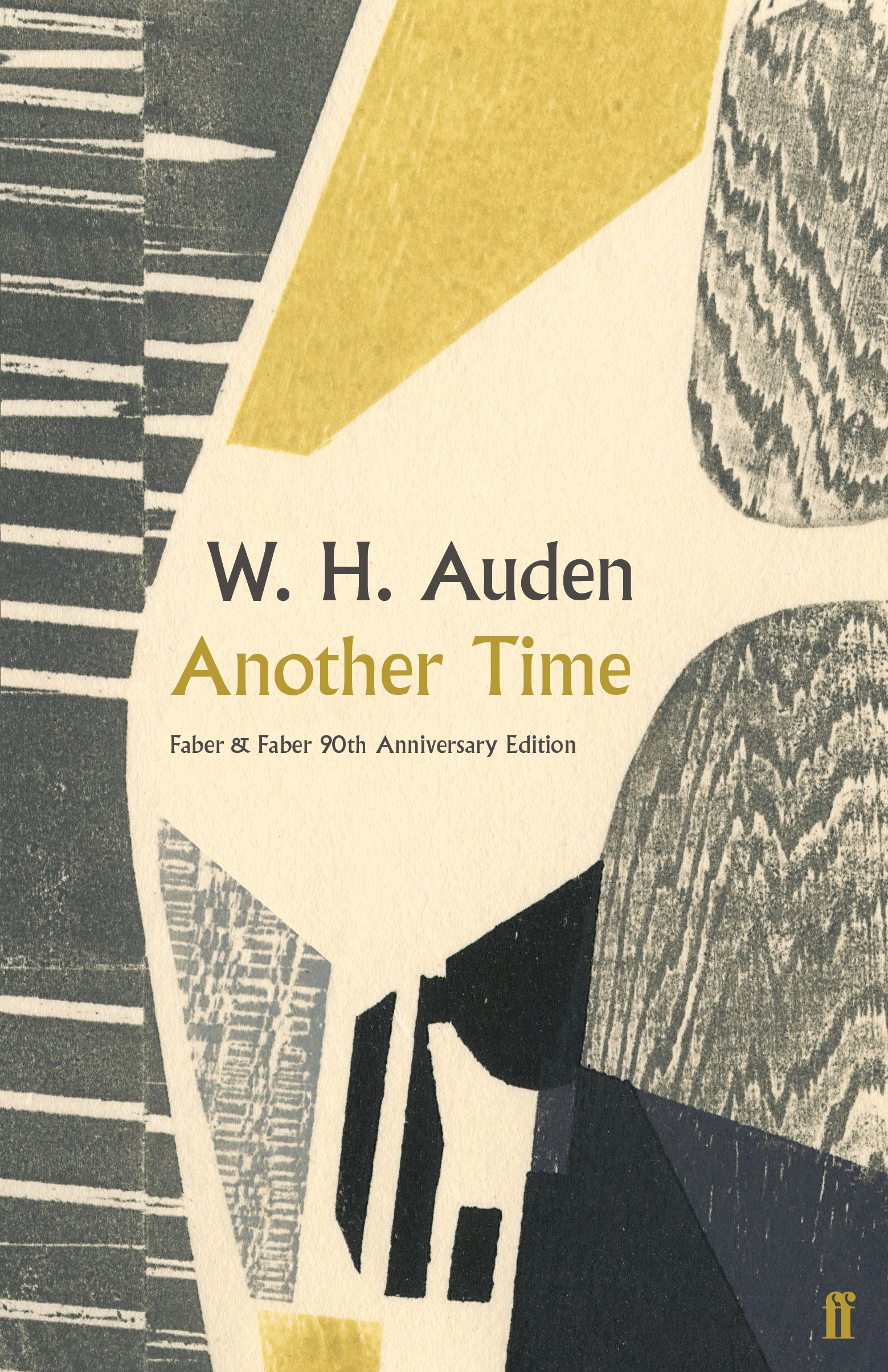What do you think?
Rate this book


128 pages, Hardcover
First published January 1, 1940
Lay your sleeping head, my love,
Human on my faithless arm;
Time and fevers burn away
Individual beauty from
Thoughtful children, and the grave
Proves the child ephemeral:
But in my arms till break of day
Let the living creature lie,
Mortal, guilty, but to me
The entirely beautiful.
I believed for years that
Love was the conjunction
Of two oppositions;
That was all untrue;
Every young man fears that
He is not worth loving:
Bless you, darling, I have
Found myself in you.
Let aeroplanes circle moaning overhead
Scribbling on the sky the message He Is Dead,
Put crêpe bows round the white necks of the public doves,
Let the traffic policemen wear black cotton gloves.
About suffering they were never wrong,
The Old Masters; how well, they understood
Its human position; how it takes place
While someone else is eating or opening a window or just walking dully along;
How, when the aged are reverently, passionately waiting
For the miraculous birth, there always must be
Children who did not specially want it to happen, skating
On a pond at the edge of the wood:
They never forgot
That even the dreadful martyrdom must run its course
Anyhow in a corner, some untidy spot
Where the dogs go on with their doggy life and the torturer’s horse
Scratches its innocent behind on a tree.
In Breughel’s Icarus, for instance: how everything turns away
Quite leisurely from the disaster; the ploughman may
Have heard the splash, the forsaken cry,
But for him it was not an important failure; the sun shone
As it had to on the white legs disappearing into the green
Water; and the expensive delicate ship that must have seen
Something amazing, a boy falling out of the sky,
had somewhere to get to and sailed calmly on.
Over the heather the wet wind blows,
I've lice in my tunic and a cold in my nose.
The rain comes pattering out of the sky,
I'm a Wall soldier, I don't know why.
The mist creeps over the hard grey stone,
My girl's in Tungria; I sleep alone.
Aulus goes hanging around her place,
I don't like his manners, I don't like his face.
Piso's a Christian, he worships a fish;
There'd be no kissing if he had his wish.
She gave me a ring but I diced it away;
I want my girl and I want my pay.
When I'm a veteran with only one eye
I shall do nothing but look at the sky.
As I walked out one evening,
Walking down Bristol Street,
The crowds upon the pavement
Were fields of harvest wheat.
And down by the brimming river
I heard a lover sing
Under an arch of the railway:
'Love has no ending.
'I'll love you, dear, I'll love you
Till China and Africa meet,
And the river jumps over the mountain
And the salmon sing in the street,
'I'll love you till the ocean
Is folded and hung up to dry
And the seven stars go squawking
Like geese about the sky.
'The years shall run like rabbits,
For in my arms I hold
The Flower of the Ages,
And the first love of the world.'
But all the clocks in the city
Began to whirr and chime:
'O let not Time deceive you,
You cannot conquer Time.
'In the burrows of the Nightmare
Where Justice naked is,
Time watches from the shadow
And coughs when you would kiss.
'In headaches and in worry
Vaguely life leaks away,
And Time will have his fancy
To-morrow or to-day.
'Into many a green valley
Drifts the appalling snow;
Time breaks the threaded dances
And the diver's brilliant bow.
'O plunge your hands in water,
Plunge them in up to the wrist;
Stare, stare in the basin
And wonder what you've missed.
'The glacier knocks in the cupboard,
The desert sighs in the bed,
And the crack in the tea-cup opens
A lane to the land of the dead.
'Where the beggars raffle the banknotes
And the Giant is enchanting to Jack,
And the Lily-white Boy is a Roarer,
And Jill goes down on her back.
'O look, look in the mirror,
O look in your distress:
Life remains a blessing
Although you cannot bless.
'O stand, stand at the window
As the tears scald and start;
You shall love your crooked neighbour
With your crooked heart.'
It was late, late in the evening,
The lovers they were gone;
The clocks had ceased their chiming,
And the deep river ran on.
IV. MADRIGAL
O lurcher-loving collier, black as night,
Follow your love across the smokeless hill;
Your lamp is out and all the cages still;
Course for her heart and do not miss,
For Sunday soon is past and, Kate, fly not so fast,
For Monday comes when none may kiss:
Be marble to his soot, and to his black be white.
[84]